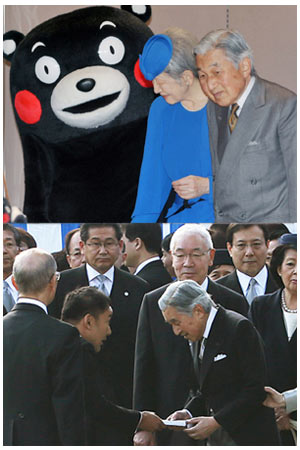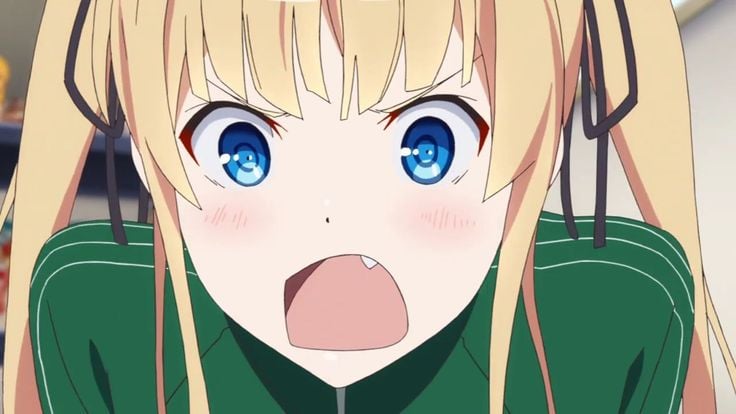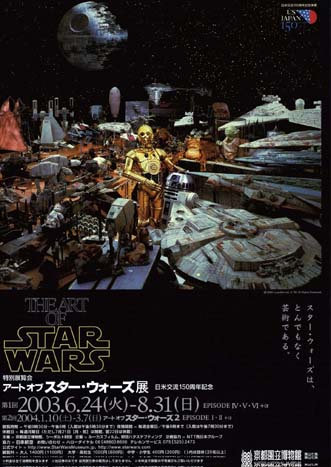The Emperor of Japan is the ceremonial leader of the nation, defined by the 1947 postwar constitution as “the symbol of the state and of the unity of the people.” His name is Akihito, though he’s always referred to by his era name (Emperor Heisei for the current era, Emperor Showa for his father) in Japanese, and he’s 125th in an unbroken line going back to the founding of the original Yamato Kingdom. For centuries a powerless figurehead, the Emperor’s role was figuratively “restored” during the Meiji Restoration of 1868, which began as a movement to force Japan to close itself off to the outside world again — their slogan was sonno joi or “Revere the Emperor and Expel the Foreign Barbarians,” and we’ve totally got a T-shirt of that for you — though once the pro-Emperor reformers won power they realized foreigners had cool things like railroads and reconsidered their closure policy. Throughout Japan’s history there’s been a custom called 直訴 jikiso which involves a soldier, minister or other unauthorized person handing a petition to the Emperor directly, usually after getting his affairs in order as this often led to his imprisonment and execution. Last week Taro Yamamoto, a member of a new breed of actor-and-comedian-turned-politician, got in hot water when he presented a letter to the Emperor directly, asking him to intercede in the question of whether Japan would continue to use nuclear power or not. This was a huge breach of protocol, as asking the Emperor to get involved in politics is strictly forbidden.

Former comedian Yamamoto made a big faux pas when dealing with the Emperor.















